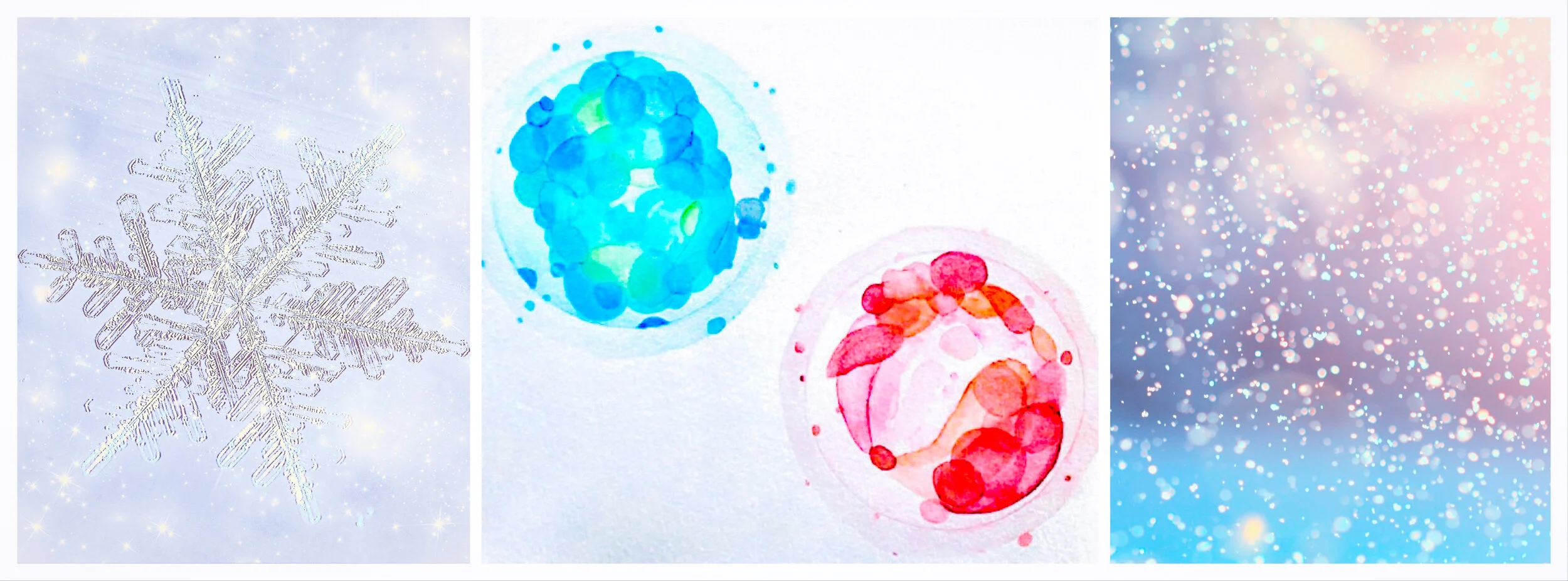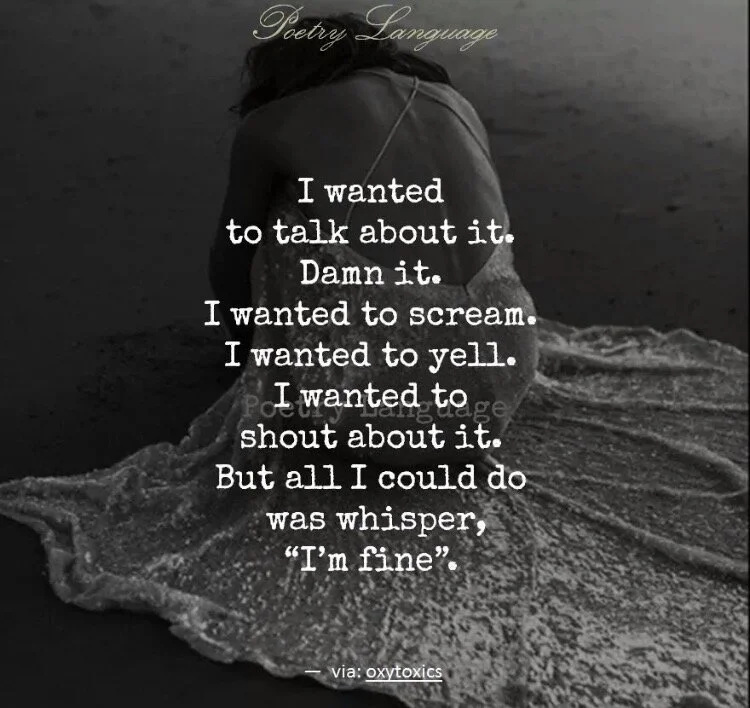Blog 4 of 6: Options
/I needed a plan—a next step—something to look forward to. Of course, the first avenue I explored was one where my heart would be safe, but living a life without children felt like a broken life for me. I thought about applying to receive a grant which might pay for all future fertility treatments, but I felt strongly that was no longer the path for us. I made my husband promise he would never let me do another round of IVF because I knew I’d eventually forget how painful the process was and try to do another round, but I didn’t want to go through that grief again.
There are multiple ways to grow a family. Adoption was the next option I jumped on. I’ve always felt genetics are not what makes a family, but adoption isn’t a simple process. I knew it could take years and cost around 30-40 thousand dollars, and it could be just as heartbreakingly devastating. Fostering to adopt is less expensive, but I didn’t think my heart could handle all the difficulties with the foster system.
Nothing sounded right, possibly because I was drowning in grief and no amount of planning my future could make it better instantaneously.
A few weeks later, we had a follow-up appointment with our fertility doctor to talk about what went wrong. We spent $270 to meet, only for him to tell us less than I already knew. It was clear he couldn’t remember us at all, even after two years and all the money we’d spent. He was talking like we were going to jump into another round.
I was angry and said, “No. We are never doing this again. We’re leaning toward adoption.”
The only good thing to come out of that last visit was him telling us to consider embryo adoption (donation). We’d never heard of anything like it before. He explained, “It’s less expensive than traditional adoption, and you control the prenatal care.”
My heart bloomed with hope, and I looked into it immediately after we left.
So, like most people, you’re probably asking what is embryo adoption (donation)? First off, the word adoption isn’t exactly accurate because embryos are not legally considered people. Legally they are considered property, so not everyone likes the term embryo adoption. Still, I feel it is the most recognizable term, so in this case, I’ll use embryo adoption and donation interchangeably. Frozen embryos are often referred to as snowflakes, so snowflake adoption is another name you’ll hear me use.
Many couples go through IVF, and some get many embryos (like 30). No one in their right mind wants thirty children, so what do people do with the embryos they don’t use?
They can pay to keep their remaining embryos frozen.
Have them discarded/destroyed.
Donate them to science.
OR Donate them to other couples or individuals who are trying to grow their families.
I researched extensively in the days that followed, jumping in with my heart wide open, completely convinced this was what we were meant to do. My husband seemed to like the idea too. I tried not to overwhelm him with my new obsession. I know I can hastily jump into things, especially when I’m unhappy with the way things are going.
If we moved forward with embryo adoption, it meant closing the door on having genetic children. I loved that I would still carry our child, but part of me grieved that genetic component. I often compared my nieces and nephews to their parents. Everyone knows I am my mother’s daughter because I’m practically her clone, and my husband shares so many physical traits with his dad. Even though we felt genetics wasn’t what makes a family, I had always pictured having a daughter who looked like me or a little boy who looked like my husband. Knowing we wouldn’t pass along those traits from our parents was hard for me. I brought this up to my husband one night, and the grief took him off guard. He hadn’t thought about that aspect. I feel it’s important to note that we will love our children regardless of their genetics, but we needed to give ourselves some time to adjust and grieve over the loss of biology and how we thought things would look. I didn’t feel it was right to move forward until we dealt with our grief.
I never want our child/ren to feel anything but wanted and loved. I worried we might have a biological child after the first pregnancy… if we got that far. Would the first feel they are different and didn’t belong? Would I feel that way? This is actually a very common question in the embryo adoption community, and the answer is a resounding, “You love them the same! Even if the genetics are different, they are your child!”
As much as I wanted to move forward, I forced myself not to call for more information on snowflake adoption because the loss from IVF was still too fresh in my mind, and I needed to give myself time to grieve and heal. If we moved forward, I wanted to do it with a rational mind.


